
Mr. Chew Beng SOH - Associate Professor
Mr. Chew Beng SOH is an Associate Professor of Singapore Institute of Technology. He received the B.Eng. and Ph.D. degrees in Electrical and Electronic & Computer Engineering from Nanyang Technological University, Singapore. In 2013, he joined the School of Singapore Institute of Technology as a Assisstant Professor until 2017. He then became an Associate Professor at Singapore Institute of Technology in 2017 until now. He has published 35 journal papers and 4 conference papers. In addition, he was finalist for the 8th Asia Pacific Eldercare Innovation Award 2020, under the category, "Best Smart Care Technology – Product Best technology" on November 22, 2020.
1. What are the drivers of and barriers to sustainability research in this program?
The development of photovoltaic energy requires extensive land plots.
The key barriers in PV adoption for local context is as follows:
- Land scarcity and competition of resources by facility assets such as chillers and cooling towers on rooftops.
- How to manage the power generation and crops yield by current operators as urban farming and PV deployment comes under two separate entities.
- Current height limitations of buildings set by defense requirements and safety clearance prevents raised PV deployment on rooftops.
Drivers include:
- An Agrivolt system that combines an agricultural and an electrical production on the same land unit may be a viable option. This caters to Singapore’s urgent need for food and energy security
- The PV and Agrivolt system can be used for driving of pumps and chillers in the farms, this ensures the economy of sustainable systems in generating revenue needed for operation.
2. To what extent is sustainability research already practised in this program?
Sustainability is an important aspect in the degree program of Sustainable Infrastructure Engineering (Building Service) which Jerome is undertaking. Jerome’s project is a showcase of the effort of faculty and students in implementing digitization control of energy harvesting with advancement in urban farming from traditional know-how.
3. What are your projections for the program's future?
Our students are greatly involved in the Integrated Work Study Programme (IWSP) with industry partners. The program on Sustainable Infrastructure Engineering (Building Service) equips our students with the competencies to be proficient mechanical engineers in Built Environment.
Our MEngTech students can actively participate in applied research with the skills they have accrued in Building energy modelling, use of energy simulation tools and involvement in building automation and design.
4. Can the concept of a net-zero energy city be implemented in Singapore?
The Paris Agreement requires countries to limit the temperature increase by 1.5 °C. Driving the vision for net zero energy cities, it aims to work towards achieving zero emissions sometime between 2030 and 2050.
In the context of Singapore, this is challenging for two reasons. We are a small country with little to no renewable sources with the exception of solar; we lack large urban forests to serve as carbon sinks.
That being said, there are other ways that we could navigate this challenge. For example, Singapore government has channeled great efforts through agencies such as N-Parks in creating green corridors and park connectors to help alleviate this issue.
With the recent rise of EVs, electrification of transport is also a viable way for Singapore to reduce pollution. On the domestic front, relying on passive cooling with good design for natural or hybrid cooling can lower the demand for air conditioning. Hence, we are on the right track to reduce carbon emissions.
Find more at https://www.singaporetech.edu.sg/directory/faculty/chew-beng-soh






.png)
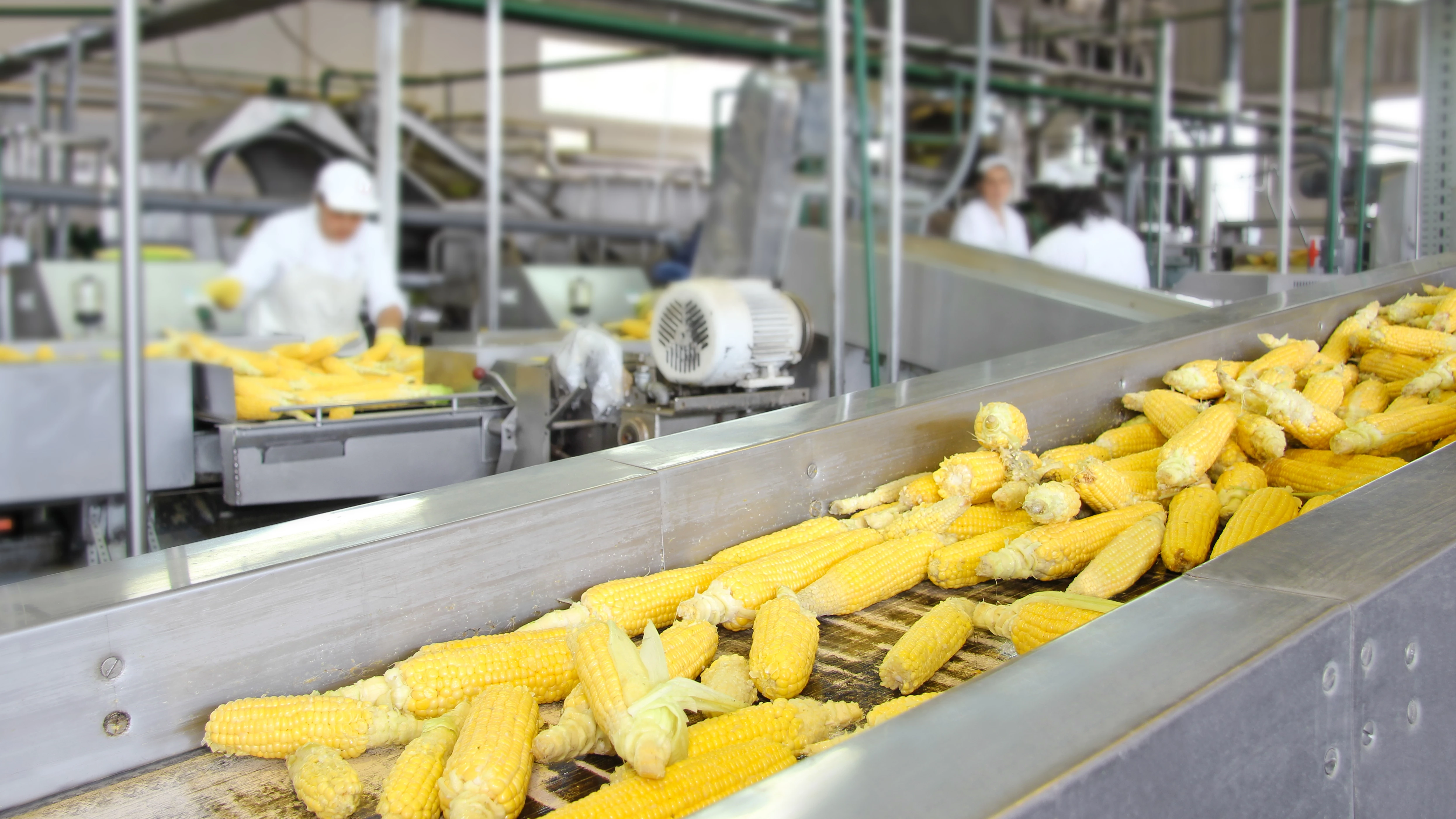

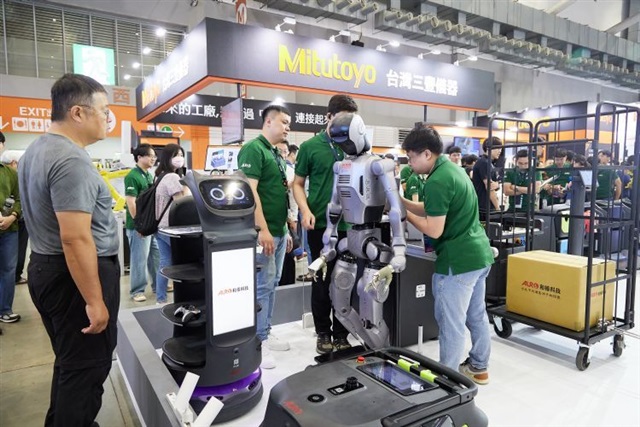

.jpg)
.png)

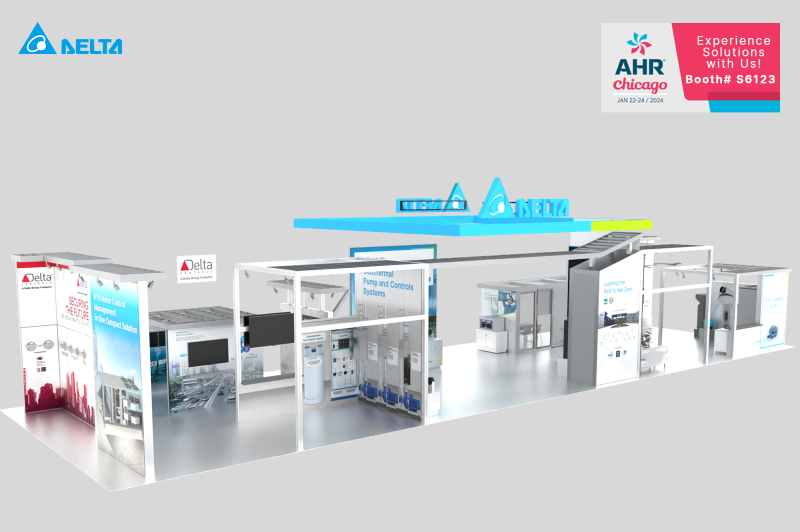

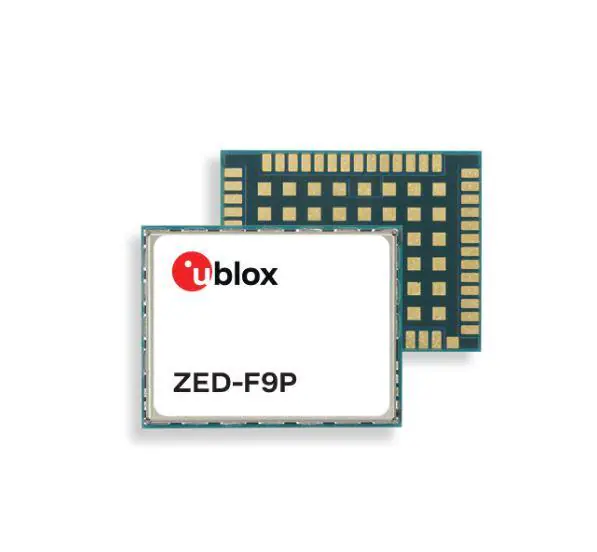
.png)
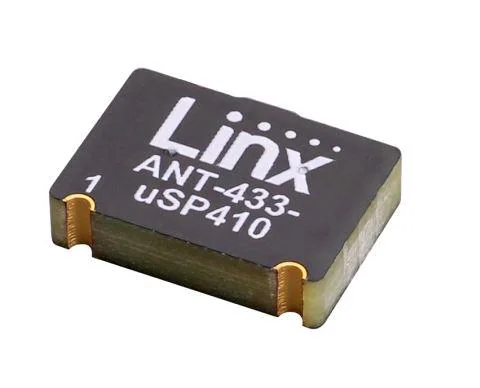
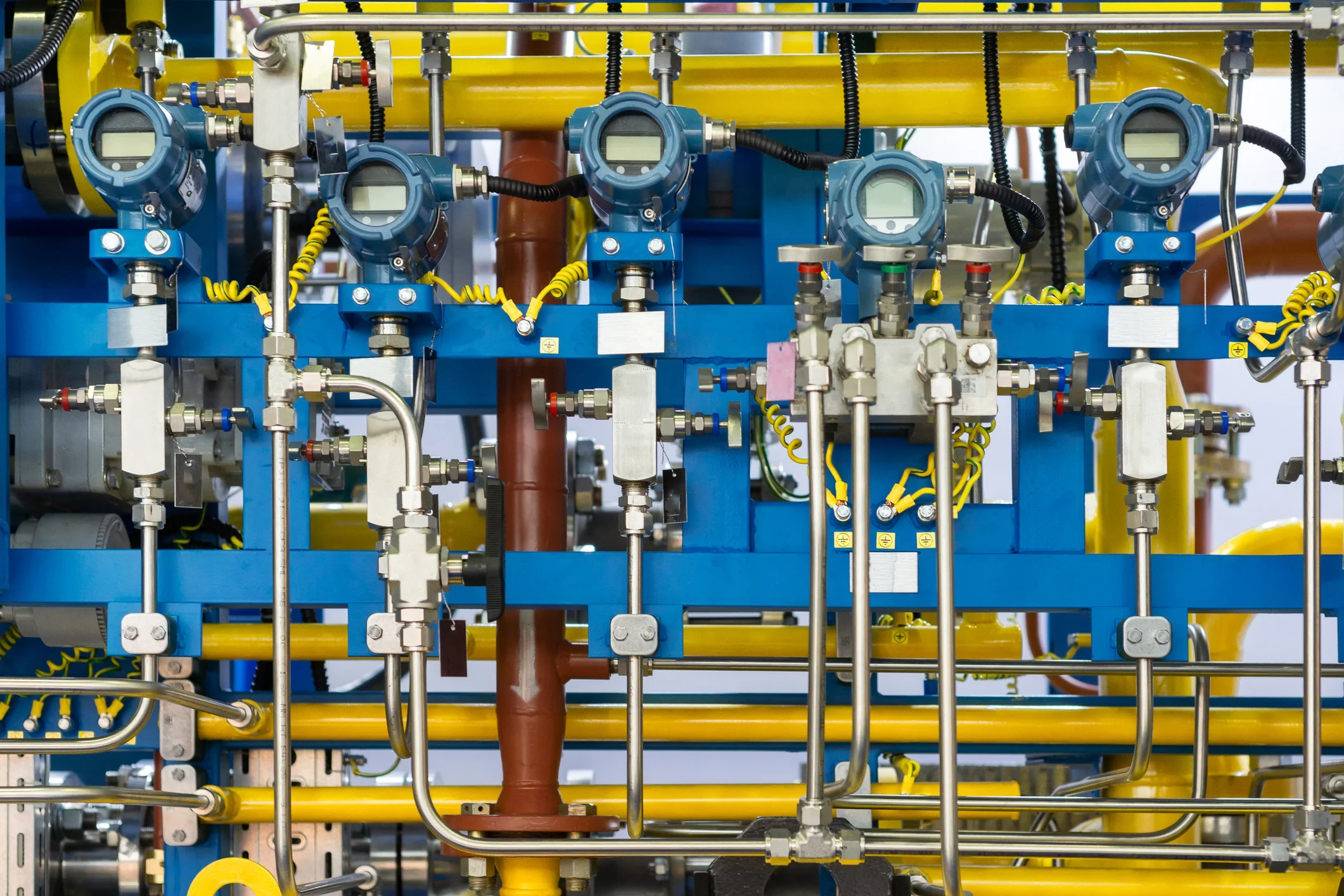
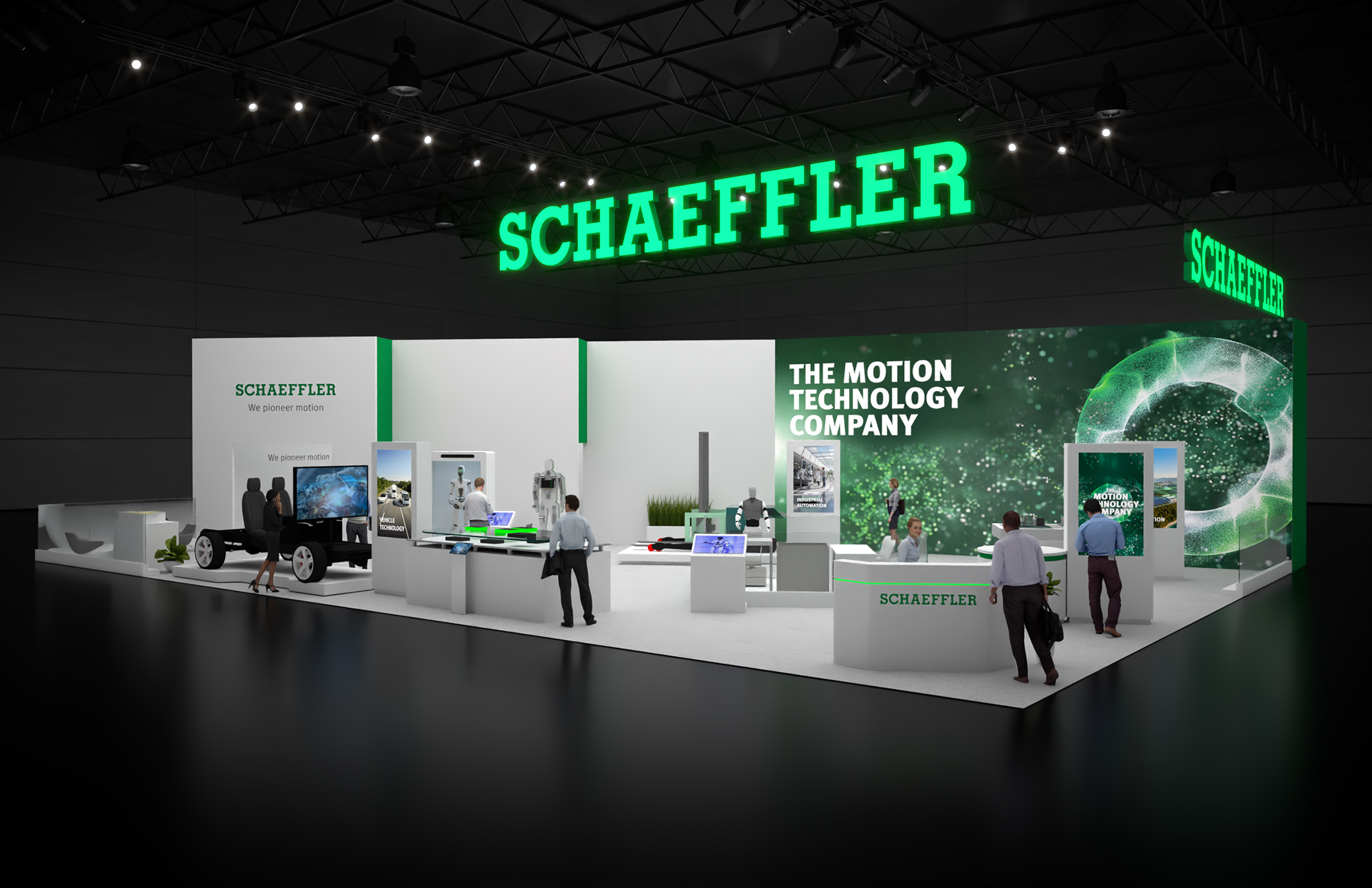
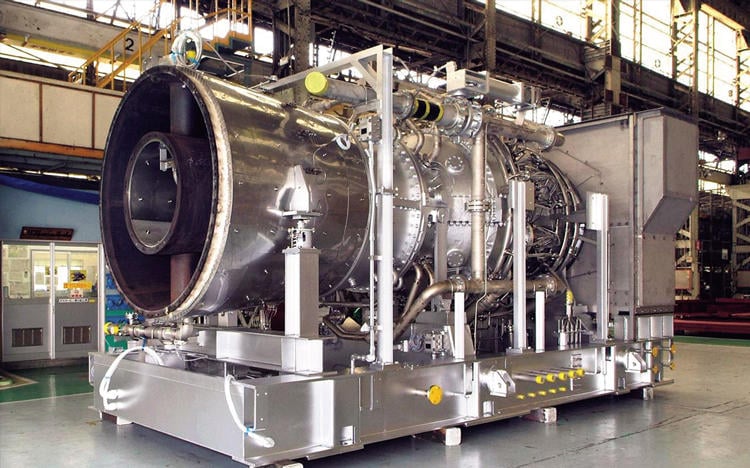
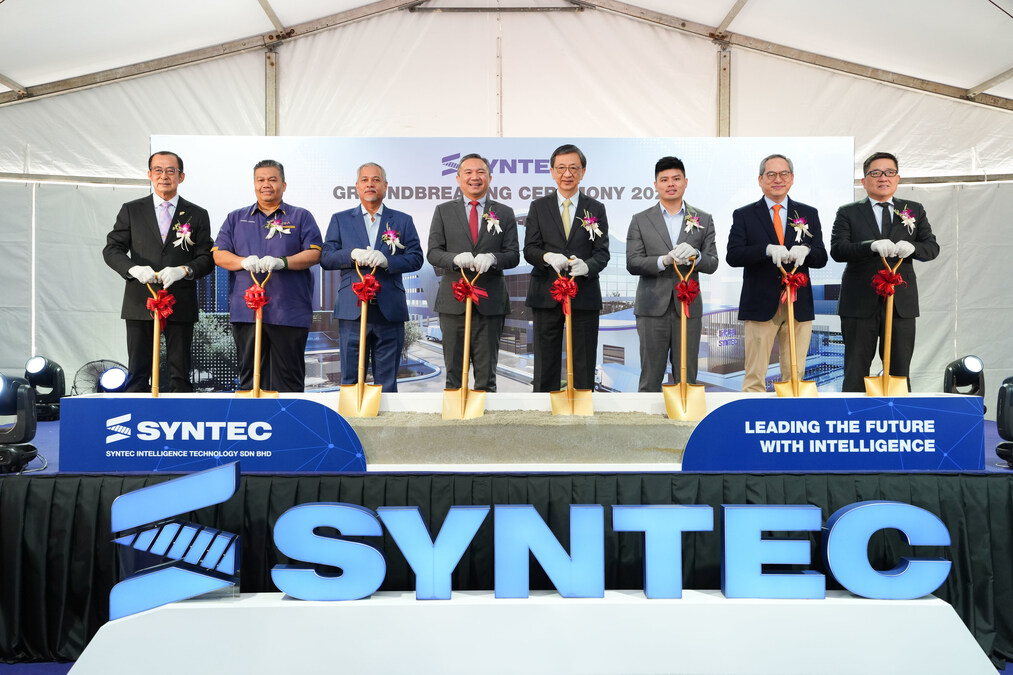
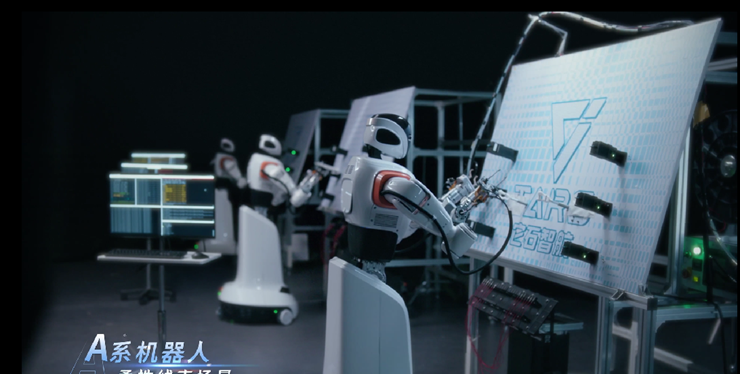
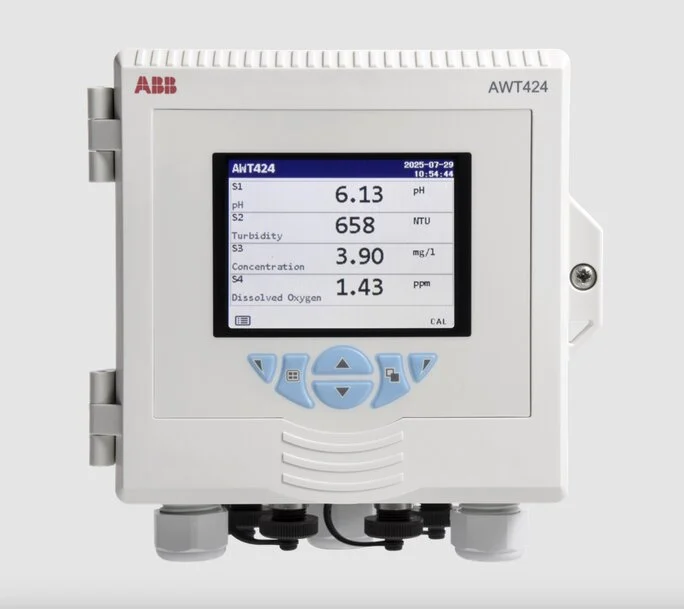

.jpg)
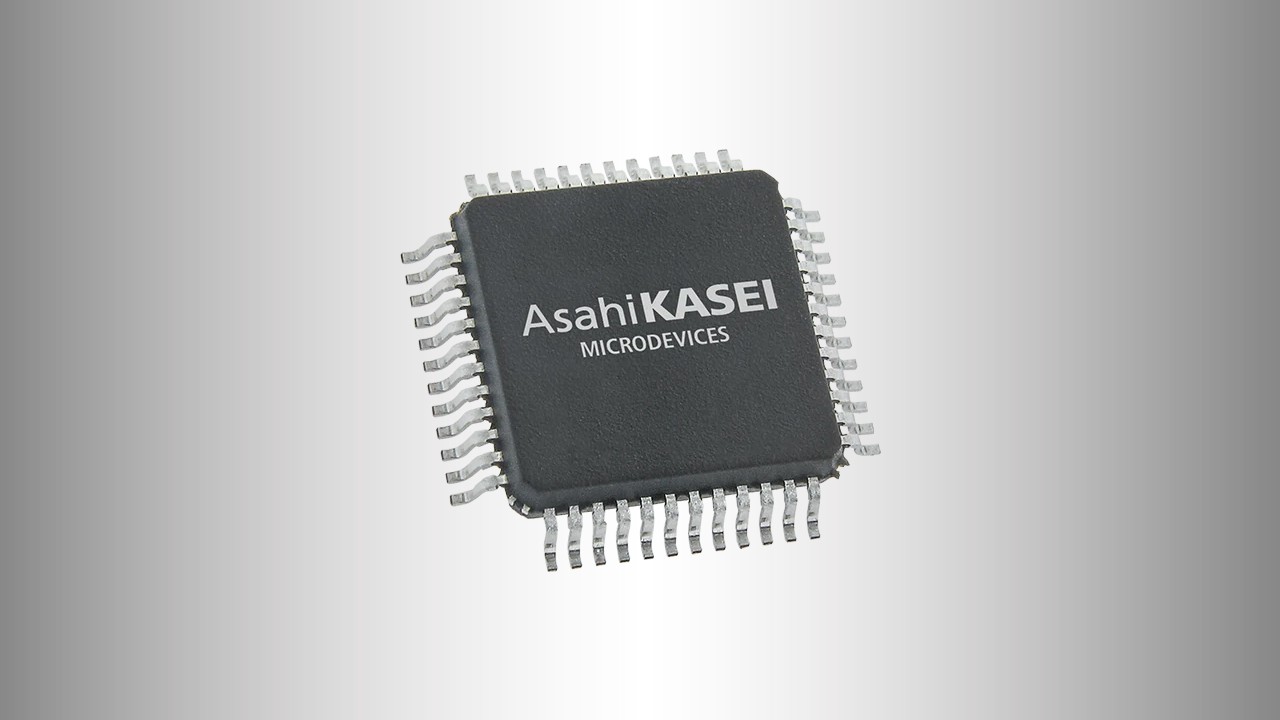
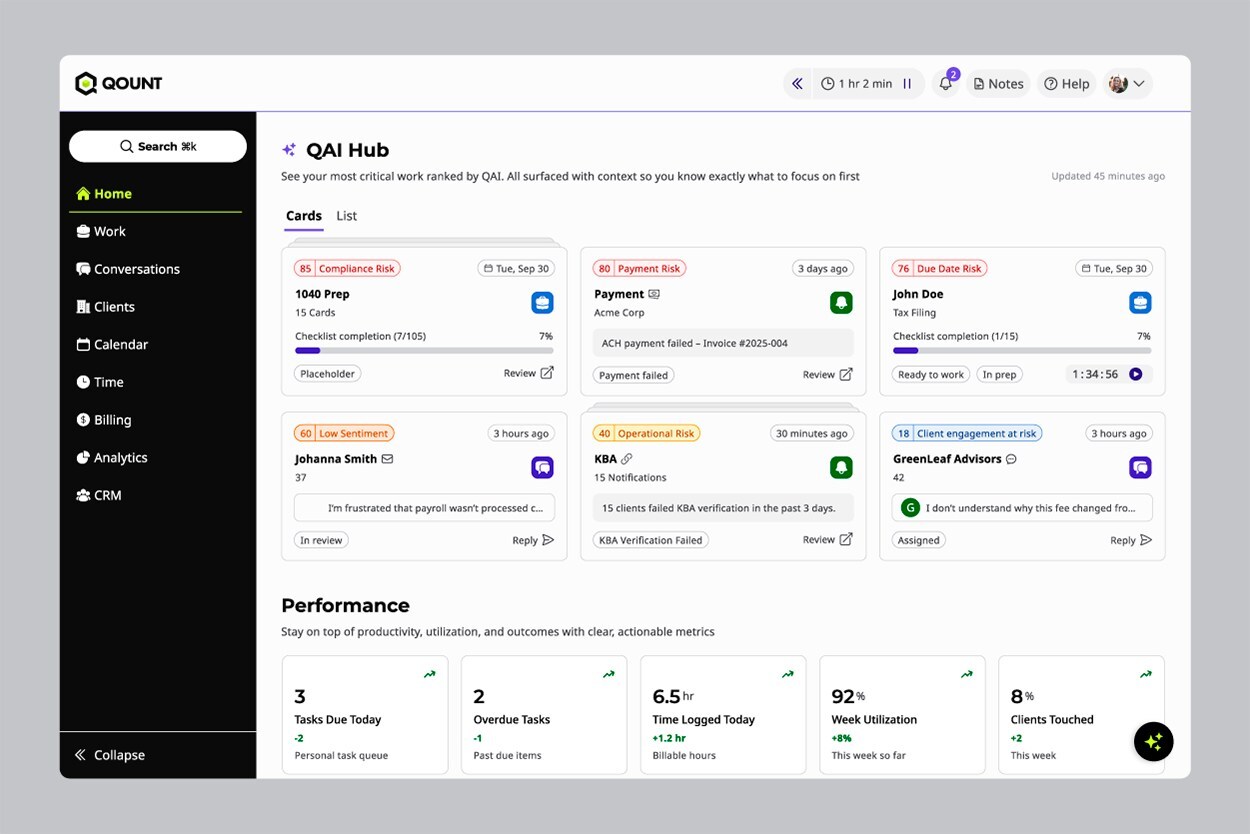
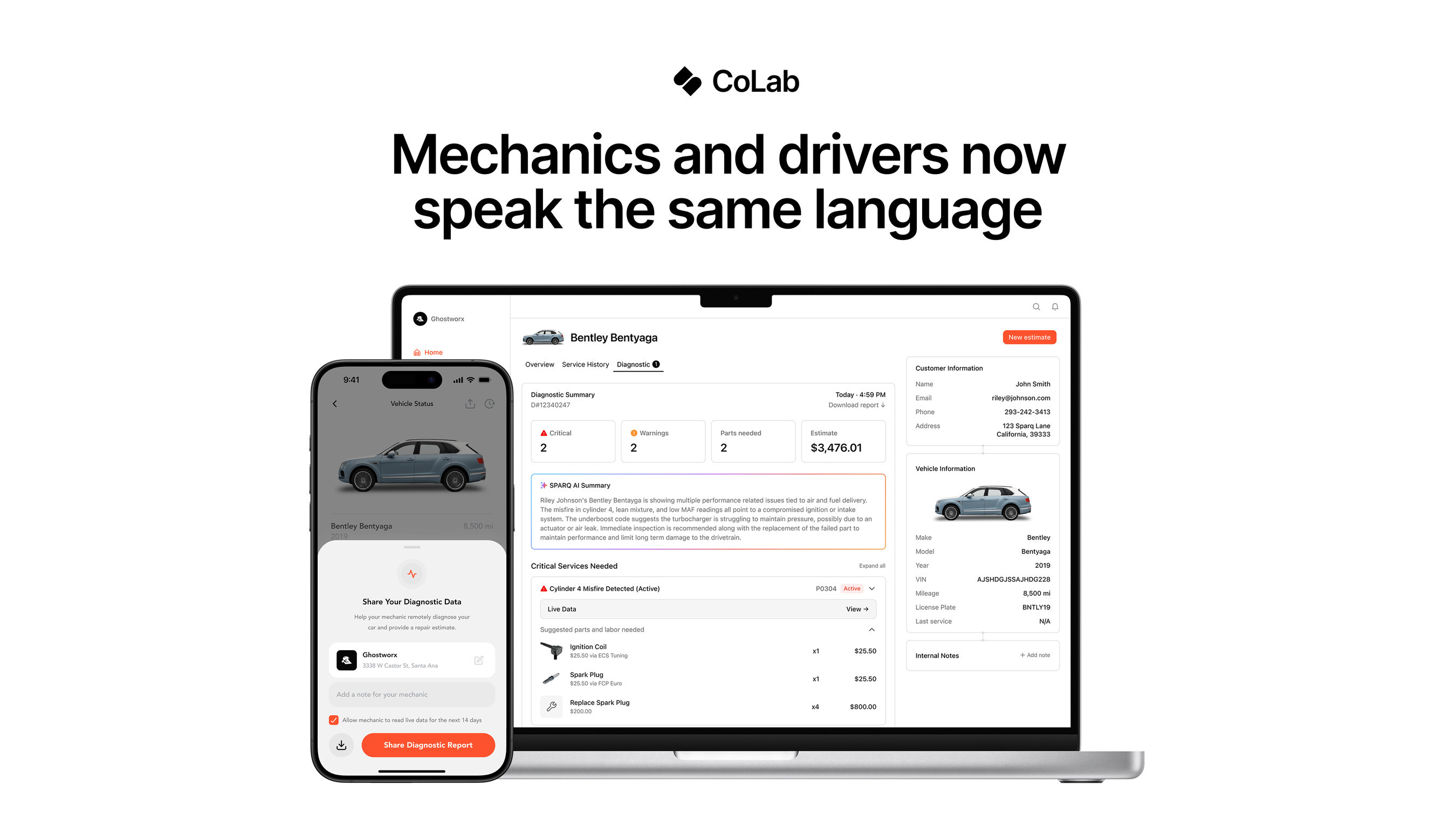


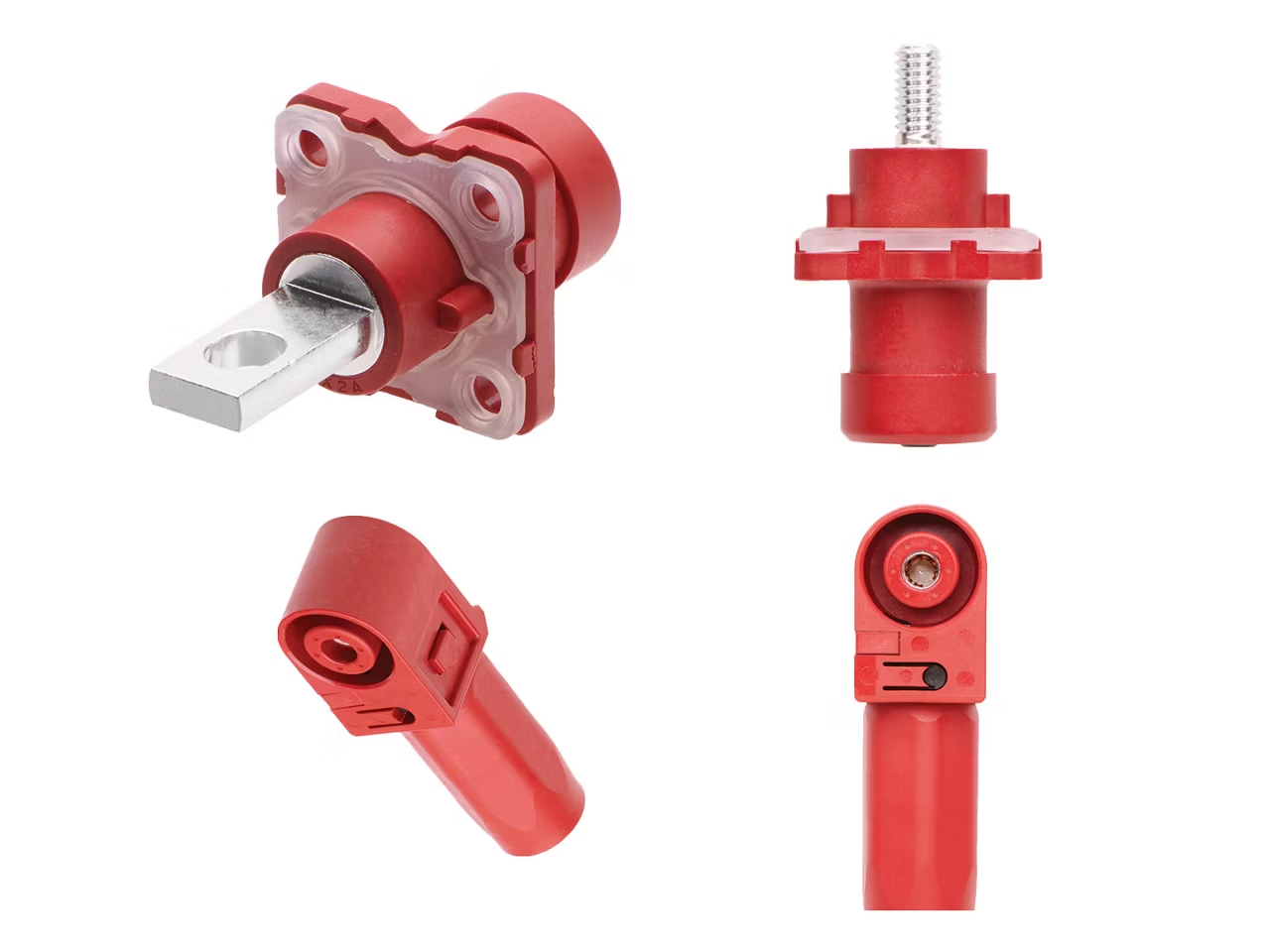



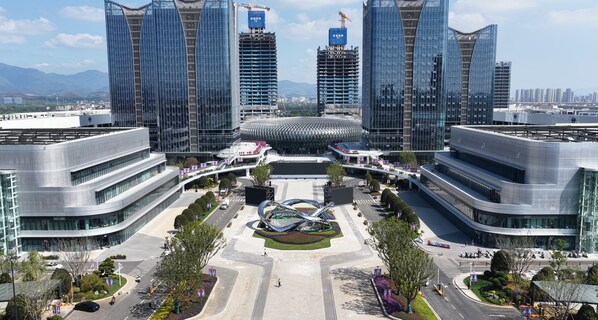
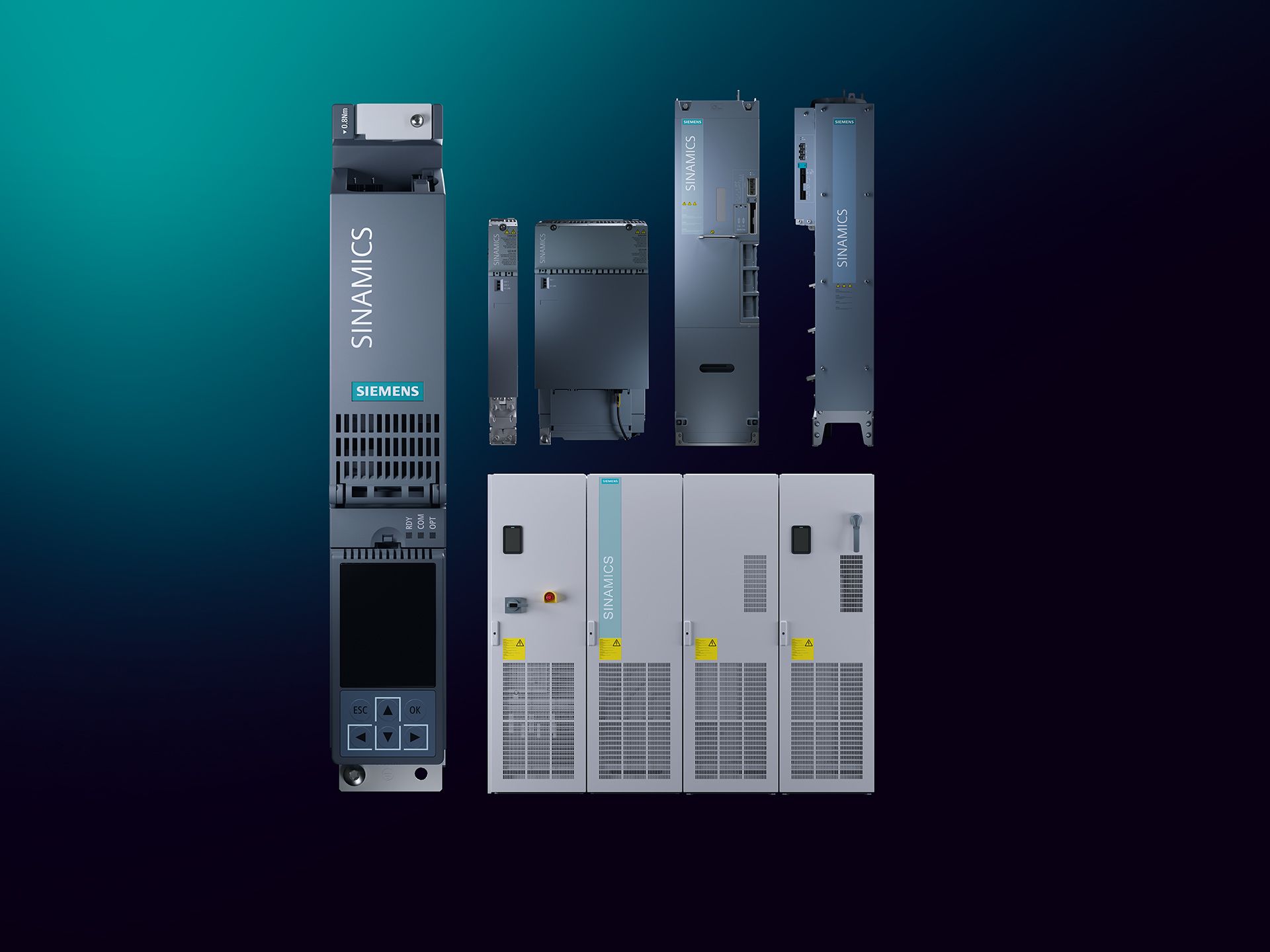
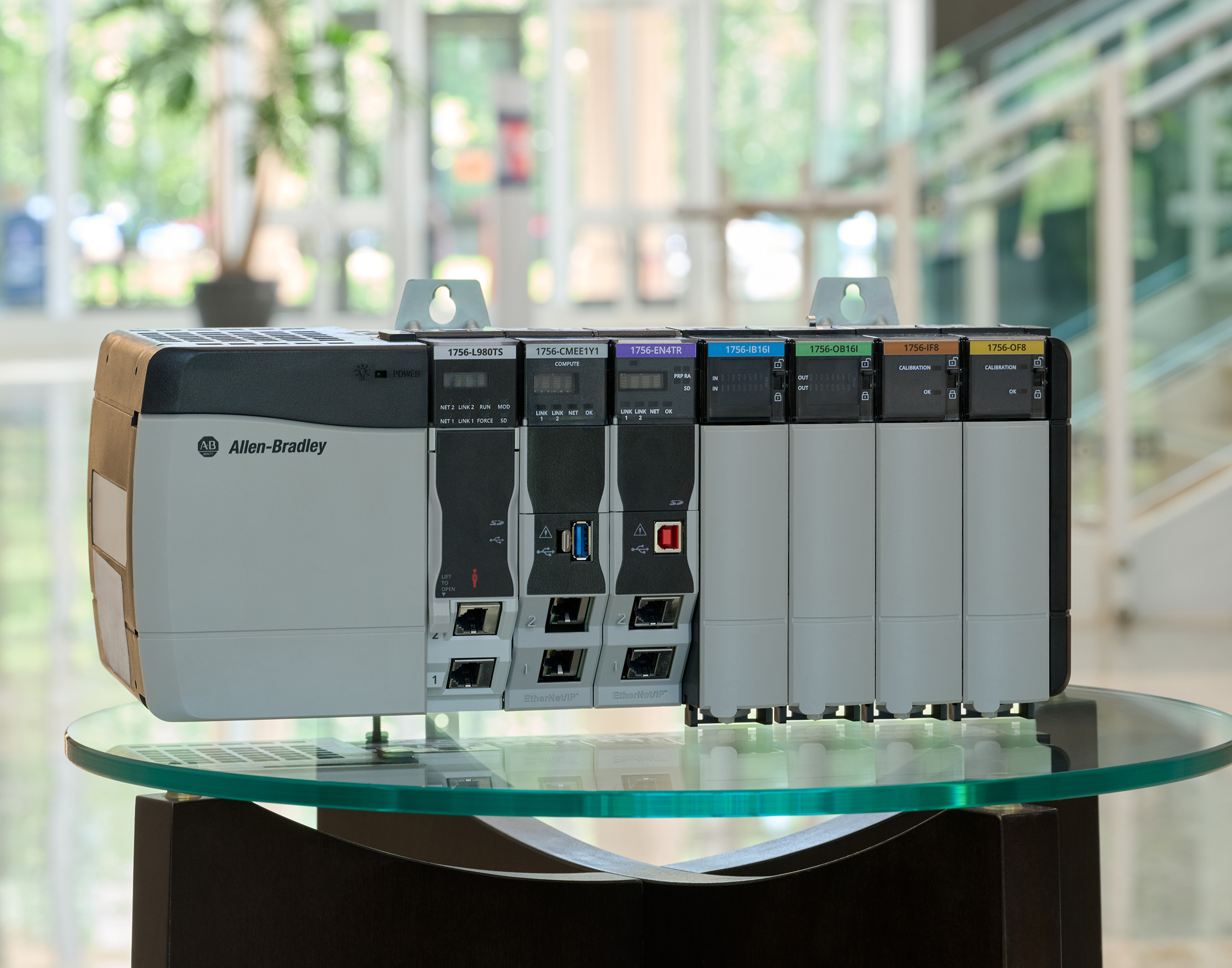

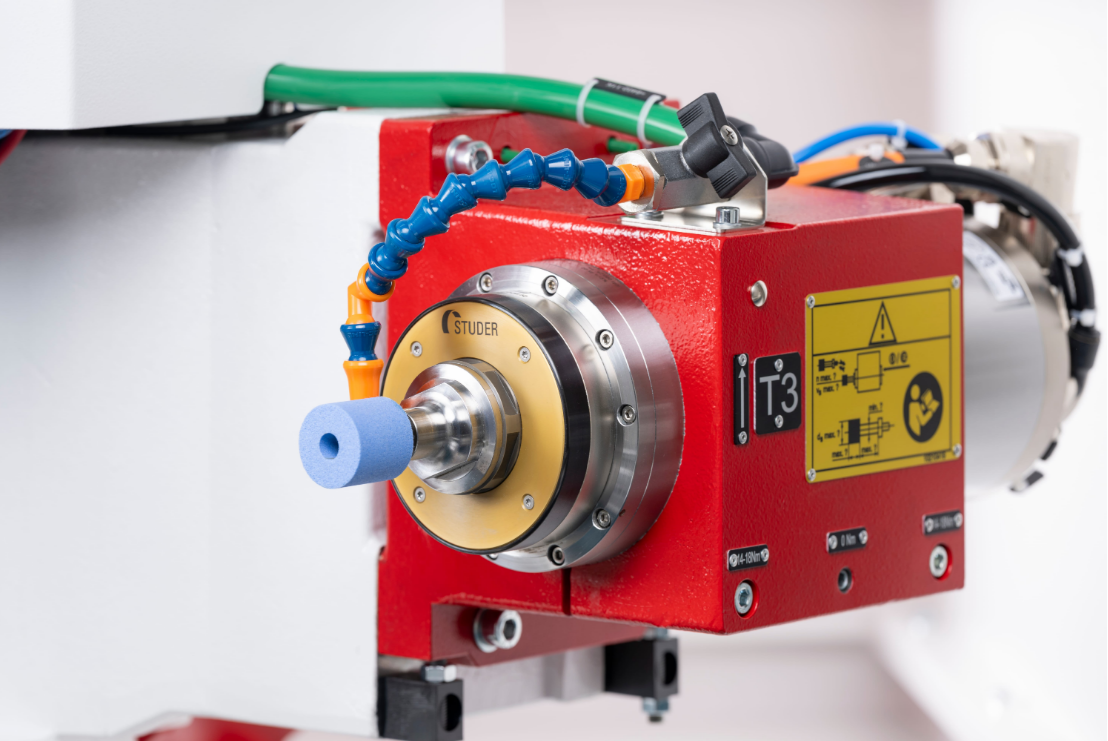


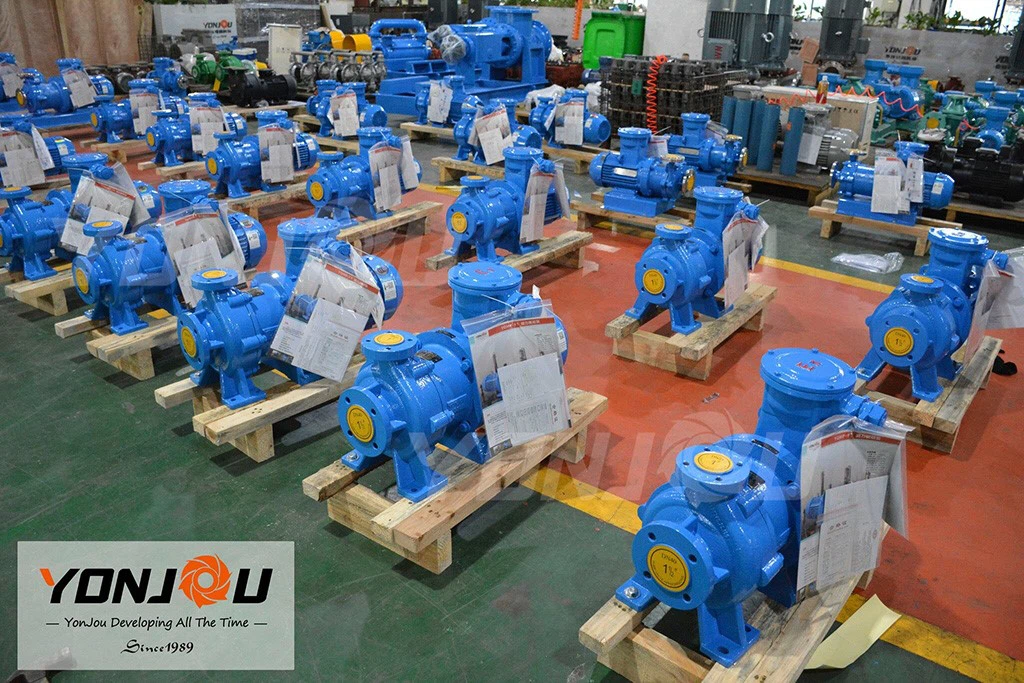





.png)
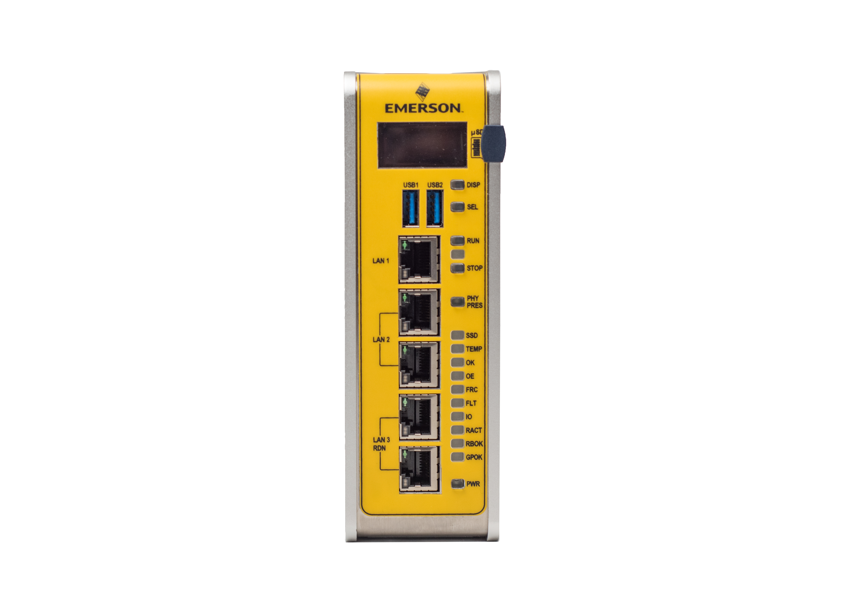
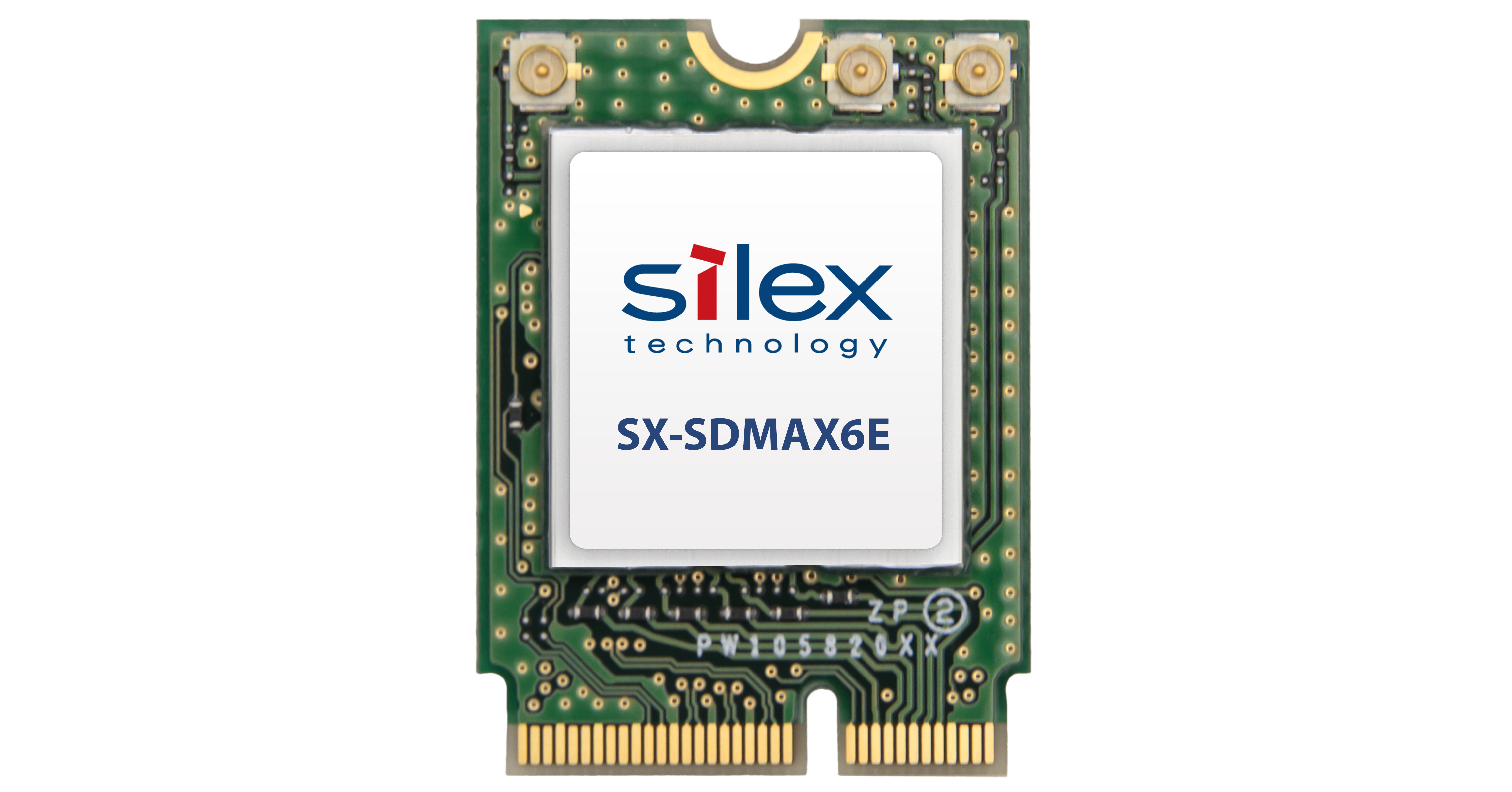

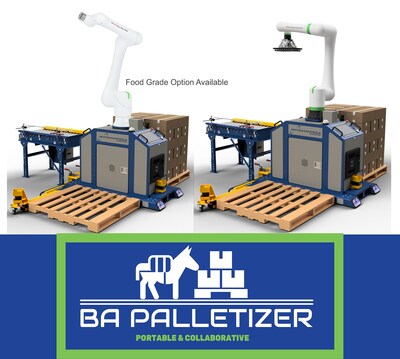

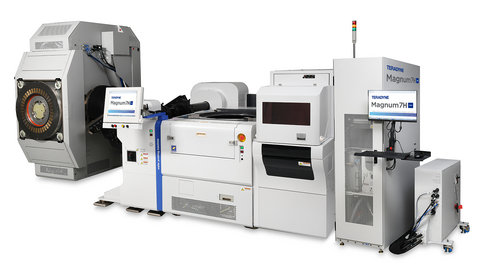

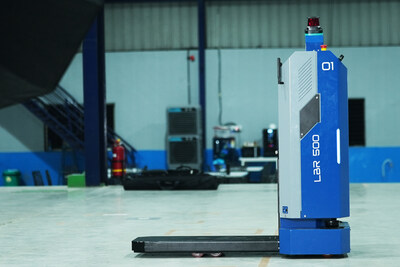
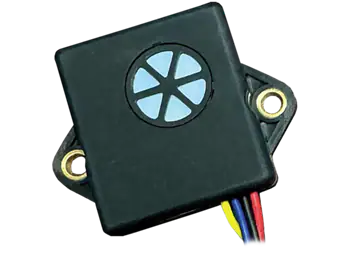


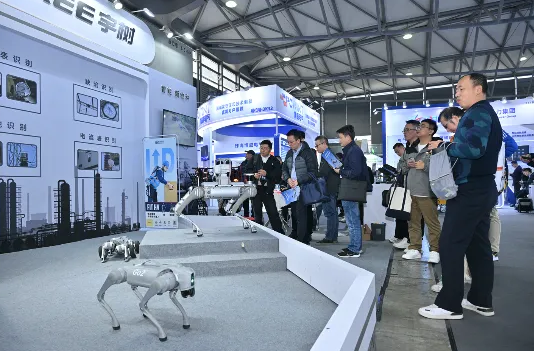
.png)





























.png)











.png)








